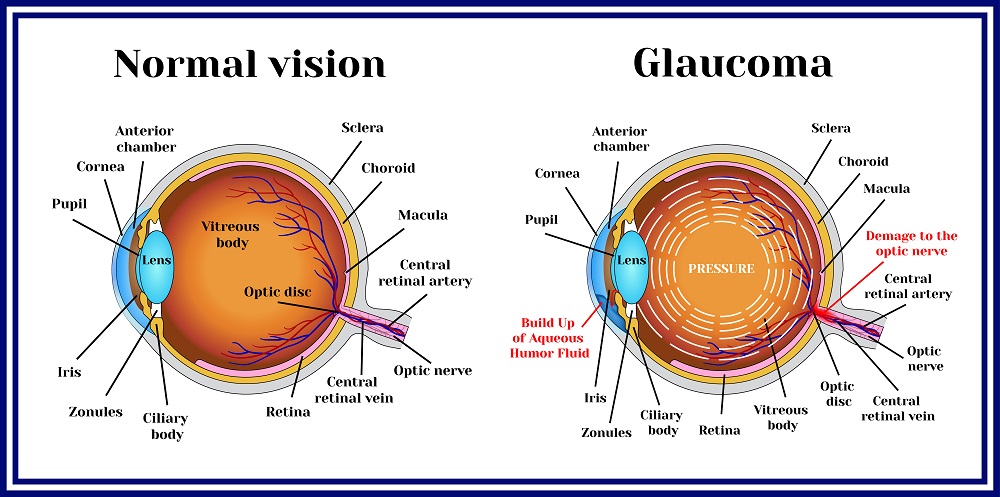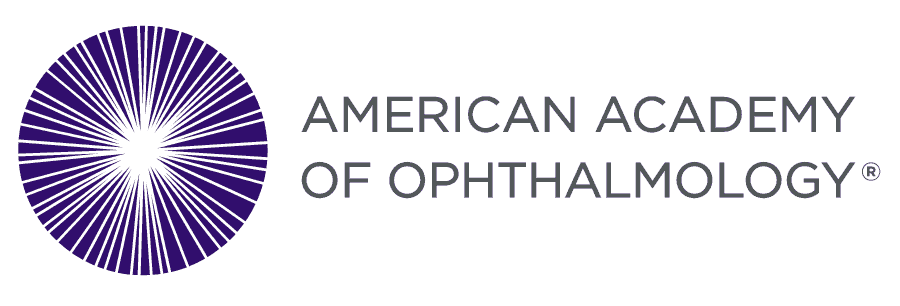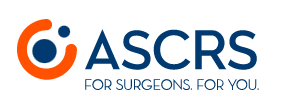Every penny counts, even for a thing as serious as treating your glaucoma.
That’s the finding of a study published earlier this year in Ophthalmology, the journal of the American Academy of Ophthalmology. Researchers from the University of Michigan found that medication adherence improved by 25 percent or greater in patients who had been switched to generic glaucoma drugs instead of higher priced brand name drugs.
Glaucoma is the leading cause of irreversible blindness worldwide, affecting over 2.7 million Americans aged 40 and older and 64.3 million people globally. It is an eye disease that damages the optic nerve, which carries the information from the eye to the brain. If those signals don’t get through, the person can’t see. The disease is thought to be caused by high intraocular pressure in the eye.
Drugs (called prostaglandin analogues or PGAs) are used to lower that pressure once a person has been diagnosed with glaucoma. PGAs are highly effective in treating glaucoma, but the brand name versions of the drugs are often more costly than other classes of glaucoma drugs. Researchers have suspected that cost could be responsible for more than half of glaucoma patients not taking their medications as prescribed. In 2011, a generic PGA, latanoprost, became available in the U.S. It was priced to save a typical patient roughly $1,300 a year when compared with brand name PGAs.
In the study, researchers from the University of Michigan Medical School and College of Pharmacy examined the claims data from 8,427 glaucoma patients for the 18 months before and latanoprost became available. All patients were taking brand name PGAs prior to the availability of latanoprost. After its introduction, some stayed on the brand name drugs, while others switched to the generic.
Researchers found that among the patients with poor records of taking their prescribed glaucoma medication, those who switched to generic latanoprost had a 25 percent or greater improvement in adherence. There was no significant change in the group that continued to take name brand PGAs.
While not really surprising — who wouldn’t want to save $1,300 a year — the study recommends that ophthalmologists consider switching their glaucoma patients who seem to struggle with adherence to generic drugs. The study also proposed that a similar strategy could be used for other chronic conditions, such as diabetes and high cholesterol, where patients often have low medication adherence.







